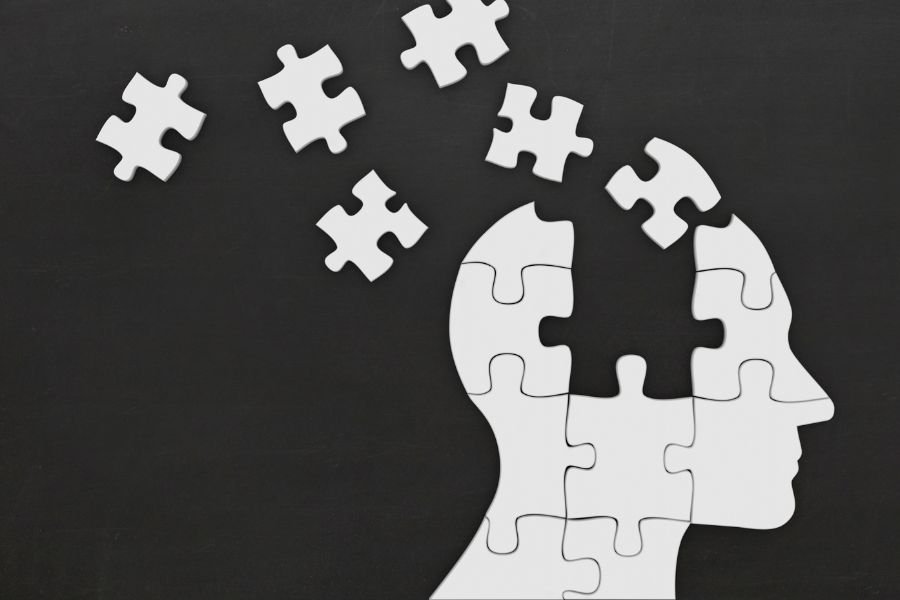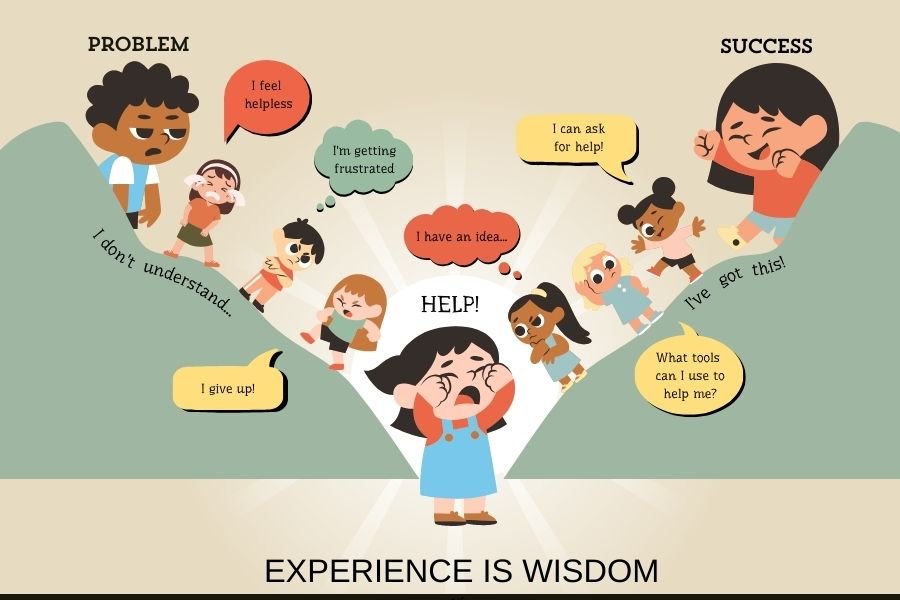A Step Towards a Brighter Childhood
The definition of childhood for most of us begins with carefree days, running around with friends, playing games, and chatting, but the COVID-19 pandemic has changed everything. Childhood is now limited to staying at home, playing alone or with a sibling, increased screen time, and zero interaction with the outside world. This is playing havoc with not just the mind of adults, but children too. Sadly, while adults can talk about it and recognize it, children are not equipped with the emotional understanding and skills to be able to express what they feel. There is a dire need for everyone to step out of their comfort zone and take stock of what is happening in the minds of the children around them. This impact on their emotional wellbeing can be seen in the learning curve and their overall behavior. However, while we have to live in the Covid times, we could adopt a few simple strategies to address this.
Understand their struggle
First and foremost, parents and caretakers need to understand the struggle that children are going through. Their lives have turned upside down and they are expected to understand that and deal with it too. Children need to be given ways to express themselves. This could be through patient conversations and equipping them with the words and skills needed to talk about how they feel.
Lower academic expectations
Schools and academicians need to step back and lower the expectations from children. Online teaching undoubtedly leads to a learning gap and while studies are being conducted to identify the gap, it will take a lot of effort to address this. In this scenario, it is unreasonable to expect children to perform at the same level as they did pre the pandemic. The traditional paper, pencil, and classroom teaching cannot be replaced by keyboards, screen sharing, and virtual classrooms.
Add context to learning
Children assimilate knowledge better and can deal with a situation in a more effective manner when the relevance of the information shared with them is established. Adding an objective to what they are learning and why they are learning ensures that children understand the relevance and are more open to learning. This learning also needs to be extended to understanding and identifying emotions.
In these times, it is even more important to nourish a child’s mind by ensuring that they are not just knowledgeable but also wise. And this implies that they will be valued in society as responsible individuals and not just social instruments that exist but add no value.
Author: Latika Sakhuja














